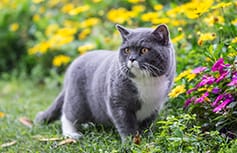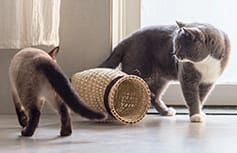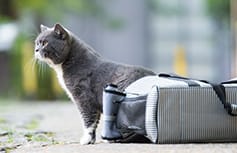Healthy Food Choices
Diet is an important part of good diabetes management. It is important that food provision is consistent and healthy to minimise fluctuations in glucose and maintain your cat at their optimum weight. Ask your vet for advice about the right diet for your cat as they will be best placed to give you specific advice, taking into account your dog’s weight, current control as well as any other health conditions and lifestyle. Good nutrition can come in various forms:
Prescription Diets – These are specially formulated for the management of cats with diabetes. They can be particularly useful for helping with weight loss. Most of these diets are low in carbohydrates. Ask your veterinary practice about the best choices for your cat.
Non‐prescription Diets – Your vet will be able to advise you, but in some circumstances, cats may remain on their normal diet after a diagnosis of diabetes. It is much easier to manage diabetes if a food with complete nutrition is used.
Water Consumption – Clean drinking water should be available at all times. A reduction in excessive water consumption is an indicator of successful management of diabetes.
Tips for a Healthy Diet
No matter which diet option you choose, follow these basic rules for diabetes control:
Consistently feed your cat the same amount of food at the same times each day to avoid unnecessary fluctuations in blood glucose. If your cat prefers to graze during the day this is fine, but continue to give equal amounts of food at set times of the day.
Choose foods with a high-quality protein source that is also highly digestible (eg, meat or eggs rather than soybean or corn gluten).
Work with your veterinary practice to find the correct calorific value to help your cat achieve optimal weight.
Choose a diet low in carbohydrates if possible to help avoid further complications.
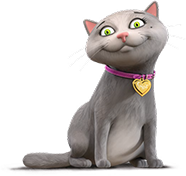
Importance of an Ideal Body Weight
Achieving your cat’s ideal body weight is best for diabetes management.
Overweight cats can have insulin resistance which may lead to higher doses of insulin being required and once they loose weight, they may develop lower insulin requirements. Therefore if your cat’s body condition score is high, your vet will recommend they lose weight in a gradual and controlled way.
Your vet or vet nurse will help you to calculate the ideal body weight and food requirements for your cat with diabetes.
Tracking Results
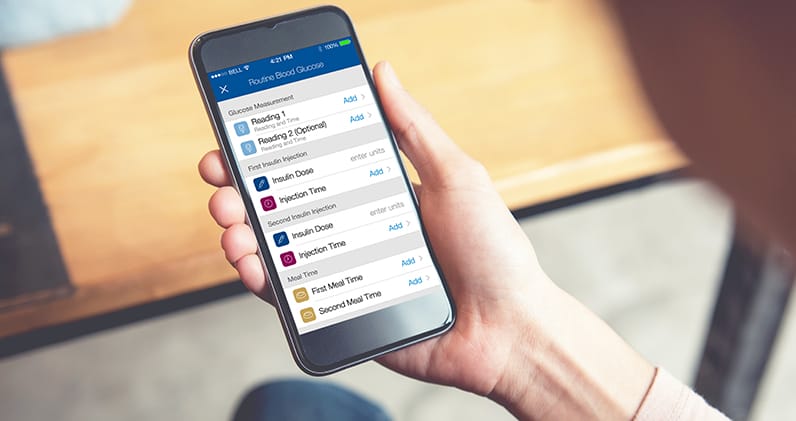
Recording your cat’s results is important to properly manage care.
Tracking Tools & Resources
1. Pet Diabetes Tracker app
Review and keep important information to manage diabetes.


2. Blood Glucose Curve Tool
Review and keep important information to manage diabetes.
3. Helpful Downloads
Additional resources to understand and manage cat diabetes.
Next Article: Emergencies and Cats with Diabetes >
Further Reading
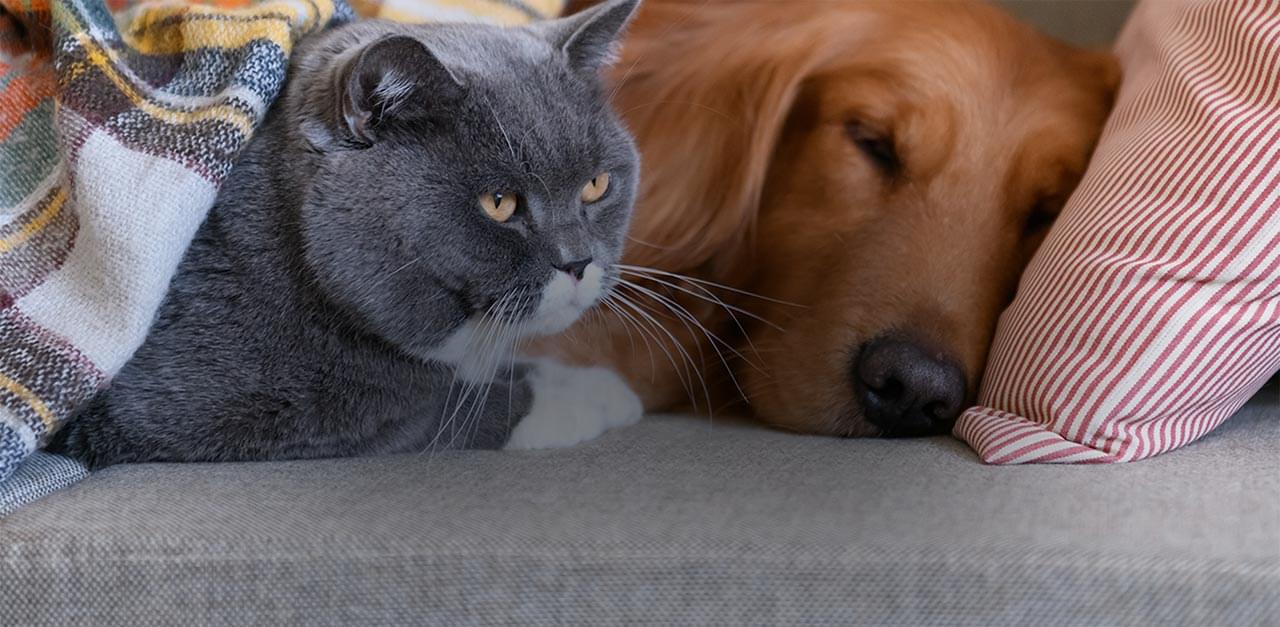
Talk to Your Vet Today
to learn more about pet diabetes, and how cats and dogs can lead a happy,
healthy life with proper management
Caninsulin® 40 IU/ml Suspension for Injection contains porcine insulin. POM-V.
Further information is available from the SPC, Datasheet or package leaflet.
Advice should be sought from the medicine prescriber.
Prescription decisions are for the person issuing the prescription alone.
Use Medicines Responsibly.




